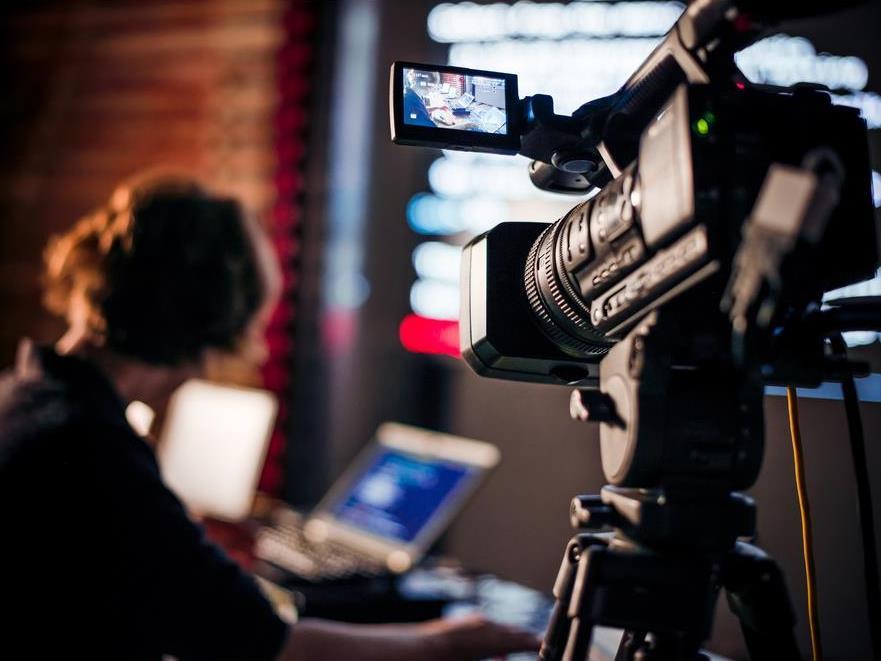Image: shutterstock.com
It is a difficult time for emerging filmmakers. The film industry has changed so dramatically over the past five years that those entering the field now don’t have history to guide them.
‘Practitioners that have been in the industry for over twenty years and have made a name for themselves seem even further away sometimes when asking for advice. This isn’t because of age – but purely because ways that they made their break might not exist anymore,’ said filmmaker Marie Kelly, winner of the inaugural 2016 Unscene Short Film Competition.
Pirating A Film I.R.L from Michael Campbell on Vimeo.
Read: Opportunity for emerging filmmakers
Those entering Village Cinemas Unscene Short Film Competition this year are asked to create a five minute short film responding to the timely theme The Future of Cinema. Visit unscenefilms.com.au to find out more.For the emerging filmmaker the industry is at an interesting juncture. Equipment is more accessible than ever and now the presentation of work can be self-directed online.
‘Cinema is sitting in a strange space between ‘traditional’ entry points into film – that is, through film schools, internships, director’s attachments and knowing the right people – and emerging entry points, such as YouTube, viral videos, web series and low budget filmmaking,’ said filmmaker Stephanie Parsons.
But this ease of access doesn’t necessarily lead to a regular income. Parsons said while the future of cinema looks open, there are still a lot of specialised fields that require training – and rightly so.
‘I think the nature of the film crew is unlikely to change for a while. Film sets operate the way they do for a reason (and that reason is time and money). Budget filmmaking will always be expensive to some degree, simply because the people working on those sets deserve to be paid well.’
‘While the accessibility of film has broadened massively, the reality of working in the industry and being able to support a life by it is very different. It’s important for us to remember the way the industry has been built, and why, and not to try and subvert that – particularly when paying crew.’
Advice for breaking into film
Those looking to build a career in film need to manage their time and be persistent.
‘Maintain a healthy balance between working for money and working for exposure,’ advised Kelly.
‘[And] giving people heaps of notice if you can’t make a shoot or be involved anymore is super important – sometimes it can be tricky if you’re doing double shifts and something goes overtime. Time management is essential!’
When considering taking on a project, filmmakers should ask themselves whether the project effects anything else they are already involved in and what the timeline for the project is. Ask yourself, ‘how will it effect what else I have planned?’ said Kelly.
Filmmakers also need to understand that most people in the industry aren’t directors. But that doesn’t mean you can’t work in film, you just need to take the time to find your specialty. Parsons said film school is a good place to learn safely.
‘When budget is available there’s lots of specialised fields that are hard to get a handle on without professional or on-the-job training. It’s not likely you’ll learn how to be a good grip assist or slate when you’re shooting on a DSLR with a skeleton crew,’ she said.
‘It still feels, as a young filmmaker, that I am standing up against an established industry that knows what it likes and doesn’t have much room for the younger generation. There are no clear pathways into film, but I find as time goes by, as with anything, I establish footholds and the other young filmmakers I meet support each other. I imagine it’s the same way the veterans of the industry first made their way into film as well; through persistence and a lot of mistakes.’
Submissions for Unscene Short Film Competition now open. For more information visit unscenefilms.com.au





